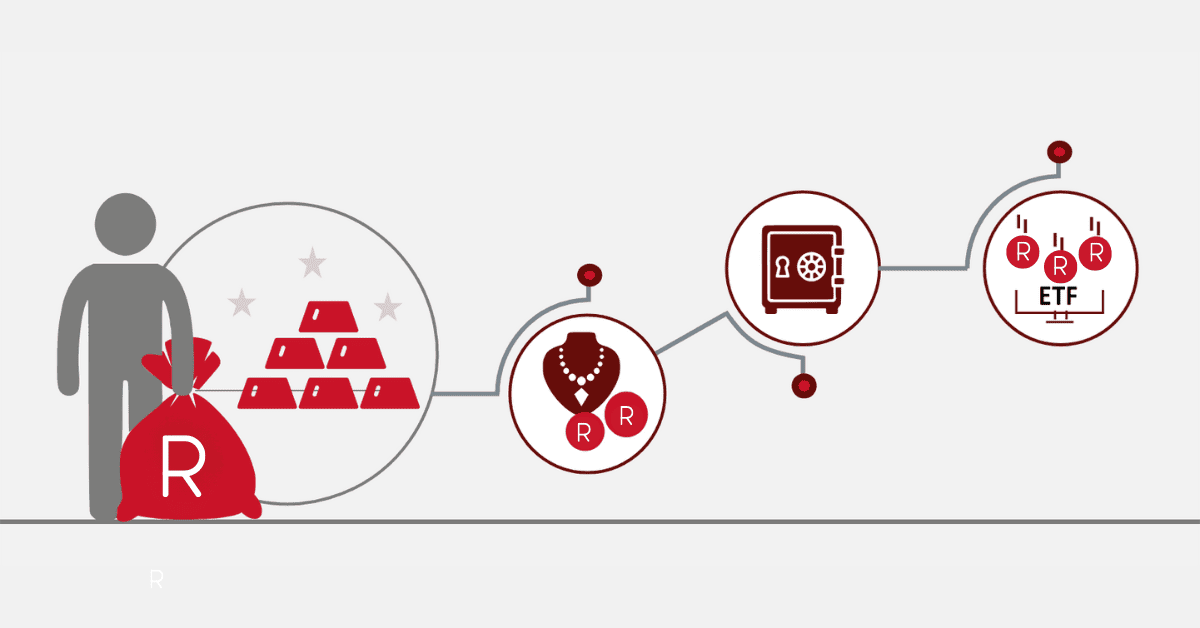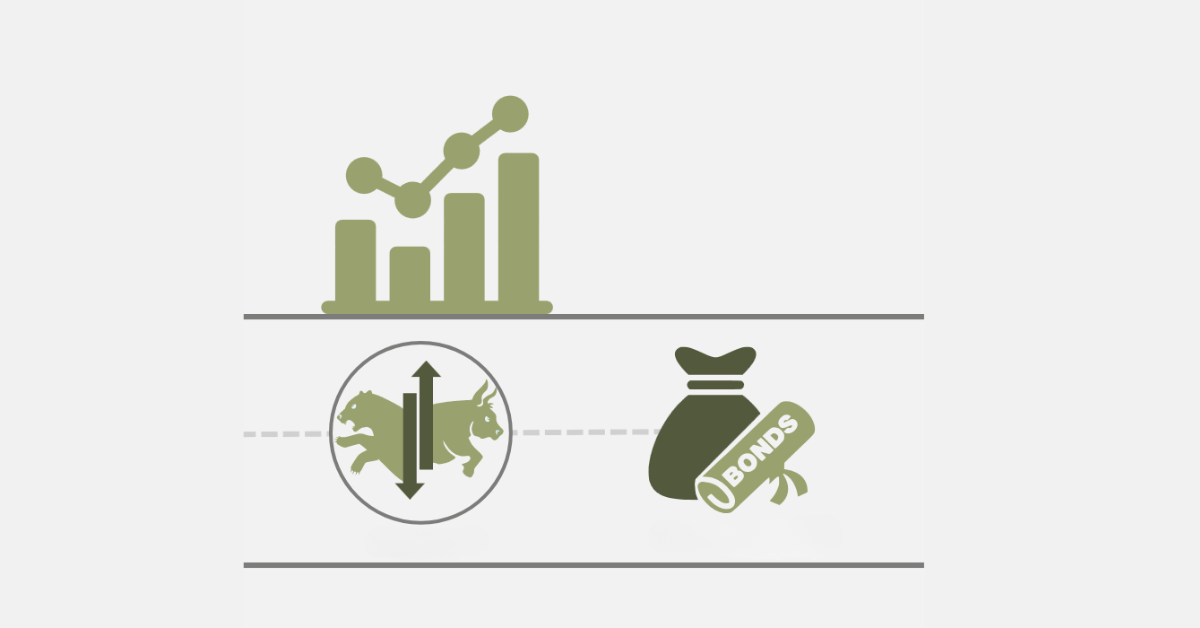Mutual funds are included among the preferred channels through which South Africans increasingly make and grow money. Mutual funds offer cheap entry to diversified efforts at financial markets in various growth pockets by pooling collective investments. Learning to invest in mutual funds will substantially enhance both the complete novice and seasoned investor’s portfolio.
How To Grow Money From Mutual Funds?
There is a strategy for growing your money through mutual funds. The insight into the market and the correct type of fund will help you succeed, and you must stay invested for an extended period.
The first steps involve choosing between equity, bond, or balanced mutual funds. Equity funds invested in stocks promise higher returns with more significant risks, while balanced funds give a good mix of both to balance risk and reward appropriately. The bond funds are stable, yielding lower and more stable returns.
Of course, South African investors are supposed to base their decisions on the local market to select funds in which they invest. Sectors currently recording high growth- for example, financial services, telecommunications, and renewable energies- may offer better returns for investors over a long period.
Another way to increase investment is through tax-efficient tools, such as tax-free savings accounts, so one is not sharing money with taxes. Reinvest the dividends and interest occasionally to compound your growth for maximum returns.
Do Millionaires Invest in Mutual Funds?
The answer is yes. The wealthy and millionaires invest in mutual funds. While they can invest in far more exclusive vehicles, such as hedge funds and private equity, the diversification that comes with mutual funds has made them staples in so many of their portfolios. With mutual funds, the best thing is that you get exposure to a wide array of assets using minimum capital. To those focused on wealth preservation, the less risky bond mutual funds return consistently, while equity mutual funds can help millionaires grow their capital in the long run.
Wealth managers in South Africa deploy mutual funds as a balanced combination of risk and reward. This will significantly assist investors desirous of professional management without any care related to direct, individual management of stocks and bonds. Through mutual funds, the millionaire can get exposure to various sectors and classes of assets, hence ensuring diversified portfolios are strong enough to absorb market volatility. Indeed, even among the rich, mutual funds are also resorted to for steady growth, tax efficiency, and convenience.
Which Mutual Fund Is Best For Beginners?
The novice investor who wants to increase his wealth by investing in mutual funds should choose investments that best reflect his or her identified risk tolerance, investment goals and time horizon. To investors who have never tried investing, experts often advise balanced funds since, in countries like South Africa, they represent a diversified portfolio of stock and bonds- a balance between growth and risk.
Another excellent vehicle for the starting investor is an equity index fund that follows the movement of some broad-based stock market index, which generally has lower fees. Such funds can also be less volatile than attempting to invest in stocks. Conservative investors would find a bond or income-oriented mutual fund offering more stable income with minimal capital loss. It is also worth noting that starting investors should consider low-expense mutual funds since high management expenses could erode returns in the long run.
Researching funds with a proven performance track record and consulting financial advisors will assist the beginner in making informed decisions. More so, mutual funds invested in TFSAs may have the after-effect of tax advantages to the effect that an individual could grow his or her investments without tax liability.
How Much Money Should I Start With In A Mutual Fund?
One of the most significant advantages of mutual funds will probably be the lowest barriers to entry, making the investment vehicle accessible for most South Africans’ budgets. One does not need much money to start investing in mutual funds. Most mutual funds allow their investors to begin their investments with only a minimum of R500 to R1000. Moreover, this can be illustrated by considering that the more you initially invest, the greater the amount accrued from compound interest and reinvestment dividends. It’s always good to be realistic about your financial goals.
For example, do you want very short-term gains or long-term growth? If it’s concise, you may consider money market mutual funds, as they entail the dual benefits of liquidity and stability. For a long-term goal related to retirement, one may look at equity mutual funds or balanced funds since they usually have better performance and return over a more extended period. As with most South Africans, periodic investments into your mutual fund over time will go a long way in hastening the growth of your portfolio. This means starting with an amount one can reasonably afford and increasing it over time rather than waiting for a fat lump sum.














